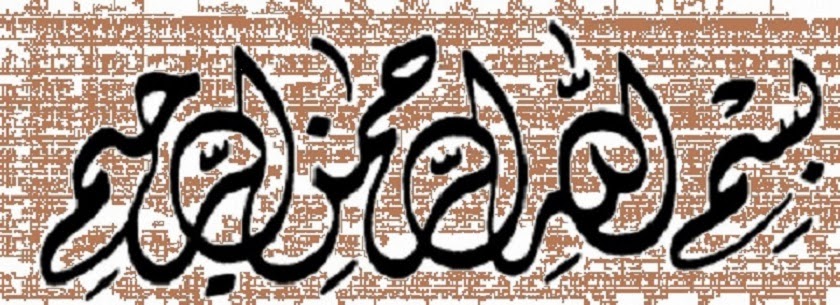Shaykh Sa’ood
bin Ibraaheem ash-Shuraym said in explaining the purification that the Muhrim
(the person in Ihraam) must forego before starting his rituals:
Actualise these
two forms of purification (i.e. being sincere in seeking Allaah and following
the commands of the Messenger) oh slaves of Allaah, and this will suffice you
from constantly enquiring about the conversations and circles of others.
This is because
whoever is sincere in seeking Allaah and follows His Commands, will be sufficed
with the wisdom within it. He will be just when he acts. He will be balanced
when he talks and in describing others. He will abstain from the gatherings of
idleness when he hears it, and as a result, his heart will be dictated by
wisdom when dealing with others, being just and not inequitable.
He will not be
forced to seek his pleasure in agreeing with the exposure of others. Likewise,
he won’t seek to dispel his anger by throwing around accusations with slander.
For this
reason, some of the Salaf said, “Do not be like those that when they are happy,
they find their happiness in falsehood. And when there are angry, they find
their anger against the truth.”
I swear by
Allaah, if the Ummah was to actualize these two forms of purification (i.e. being
sincere in seeking Allaah and following the commands of the Messenger) then the
evils and corruptions that face it will be lifted, and the Fitnah will be
reduced. Hatred and anger between believers would not be widespread like it is
today. Groups and cults wouldn't exist. The blood, honour and the lands of
the Muslims would not be spilt and made permissible.
What we see
today are people being engage in Hamz (the act of backbiting or slandering) and
Lamz (description given to the backbiter, slanderer etc.) (cf. 104), going
forth seeking to spread Nameemah (spreading tales, trying to create disunity by
giving certain people a bad description) (cf. 68:11). Such people seek every
path on the earth to fulfill their desires and objectives. They would do this
even if it means eating the rights of others unjustly; eating the flesh of
others by backbiting (Gheebah). They claim that they are sincere advisors but in
reality, they are spreading defamation. Under the name of protective jealousy
(Gheerah) but in reality they are spreading envy and jealousy. Under the guise of
guidance, in reality they are spreading corruption.
For this
reason, Ibn Jawzee (may Allaah have Mercy on him) said:
From the deceptions
of Shaytaan is that he makes degrading and defaming others fair-seeming, and
makes it seem that it is a means to seek rectification. So those who have been
deceived, partake in defaming others under the name of Jarh wa Ta’deel, however
those who came before us (the Salaf) only used Jarh wa Ta’deel in order to
protect the Sharee’ah (and not degrade and defame the honour of people in this
way). And only Allaah Knows the objectives of these people.
However, what
is the root-cause of all of this? Answer: diseases and desires, oh slaves of
Allaah! Loving of the Dunyaa and hating death:
“You
desire the good of this world, but Allah desires for you the Hereafter.” [al-Anfaal 8:67]
Khutbah:
Purification for the Sake of Allaah in Ihraam (14/11/1436 – 29/8/2015)
